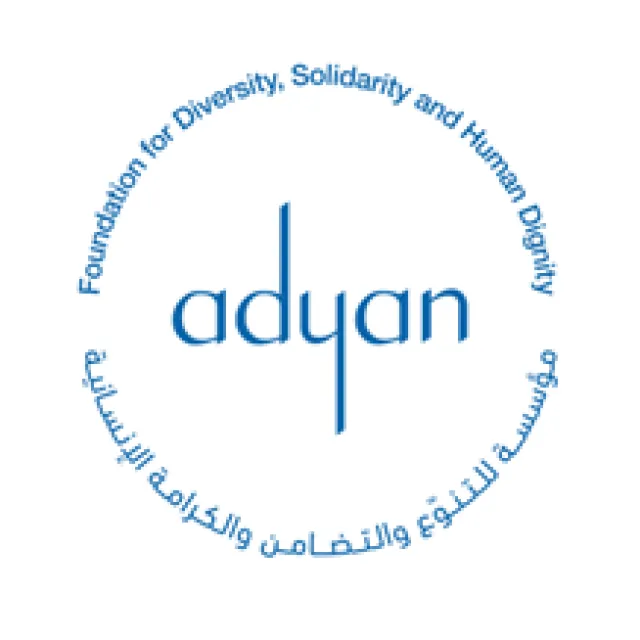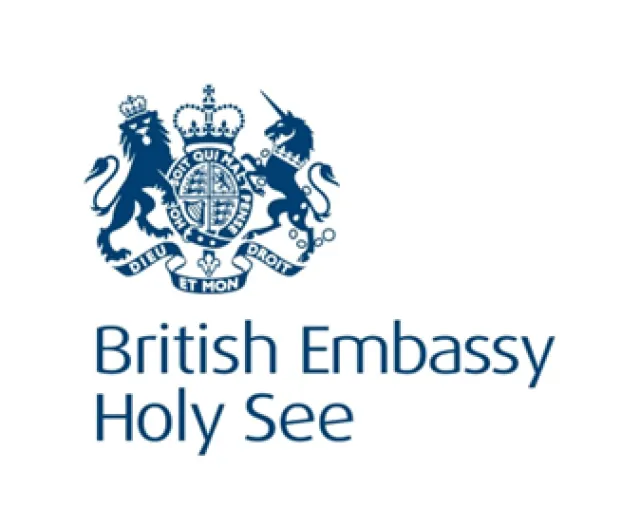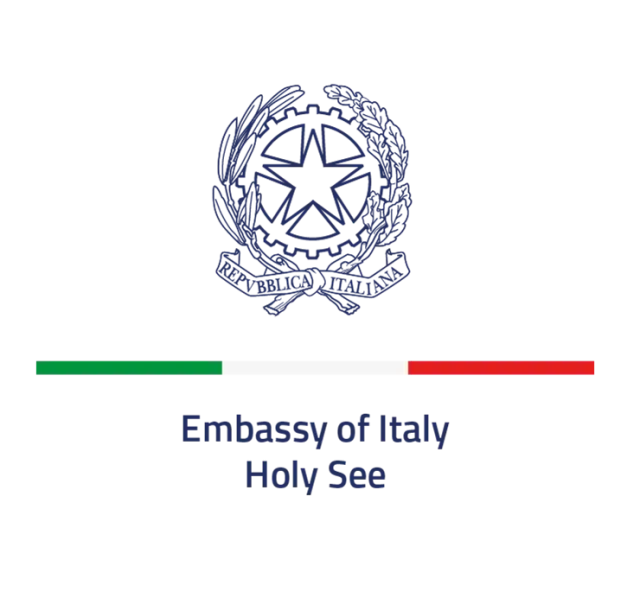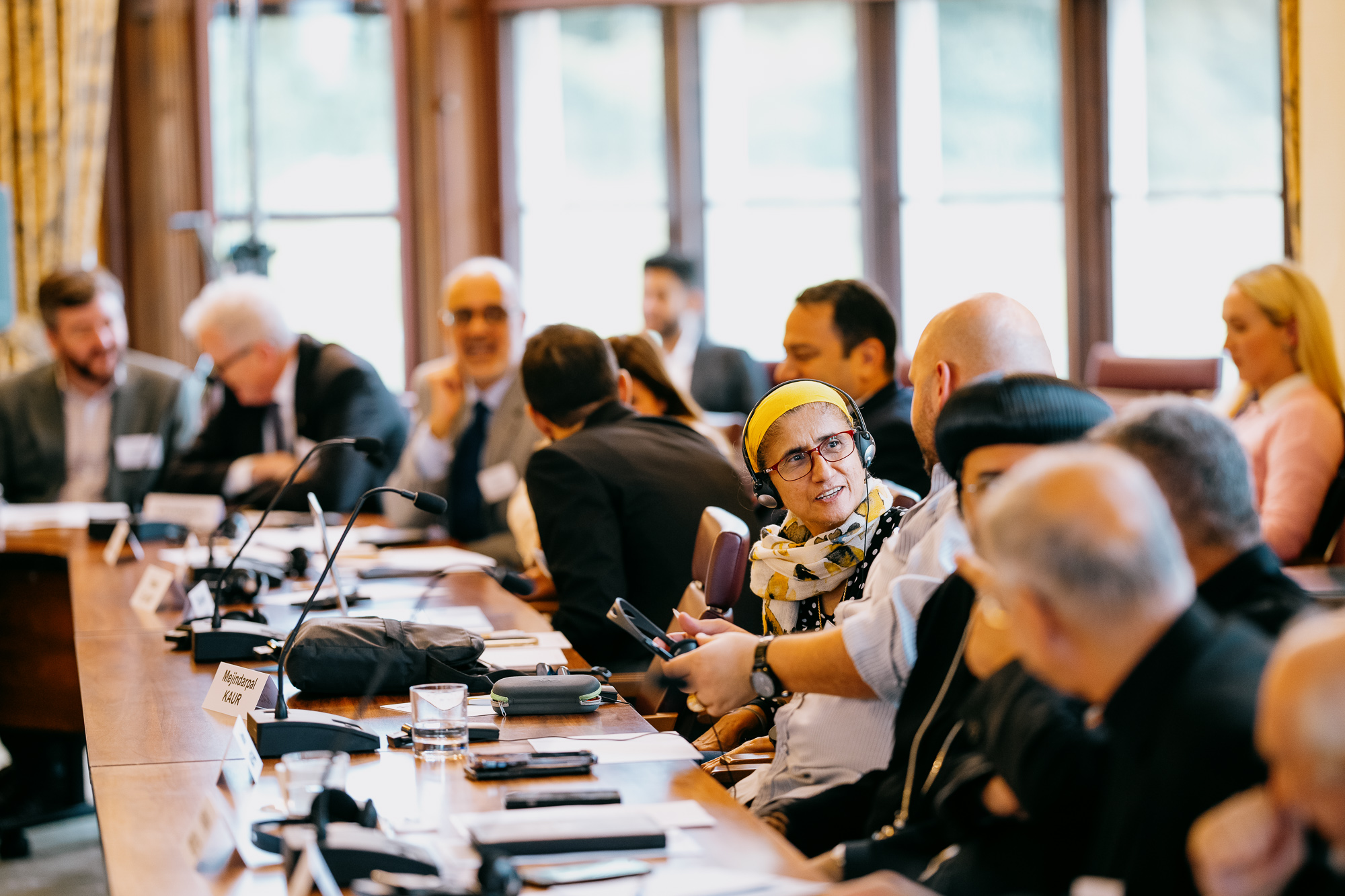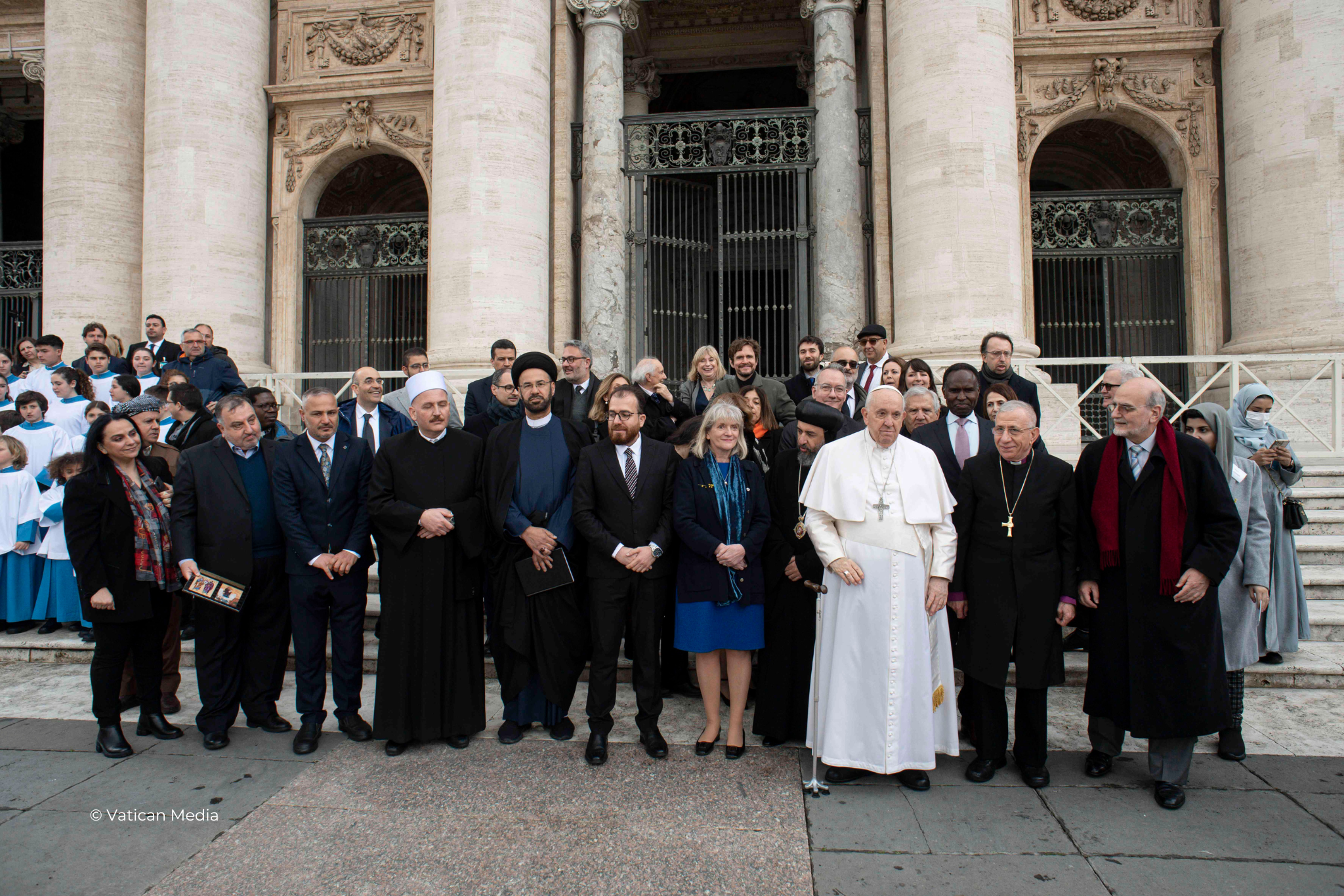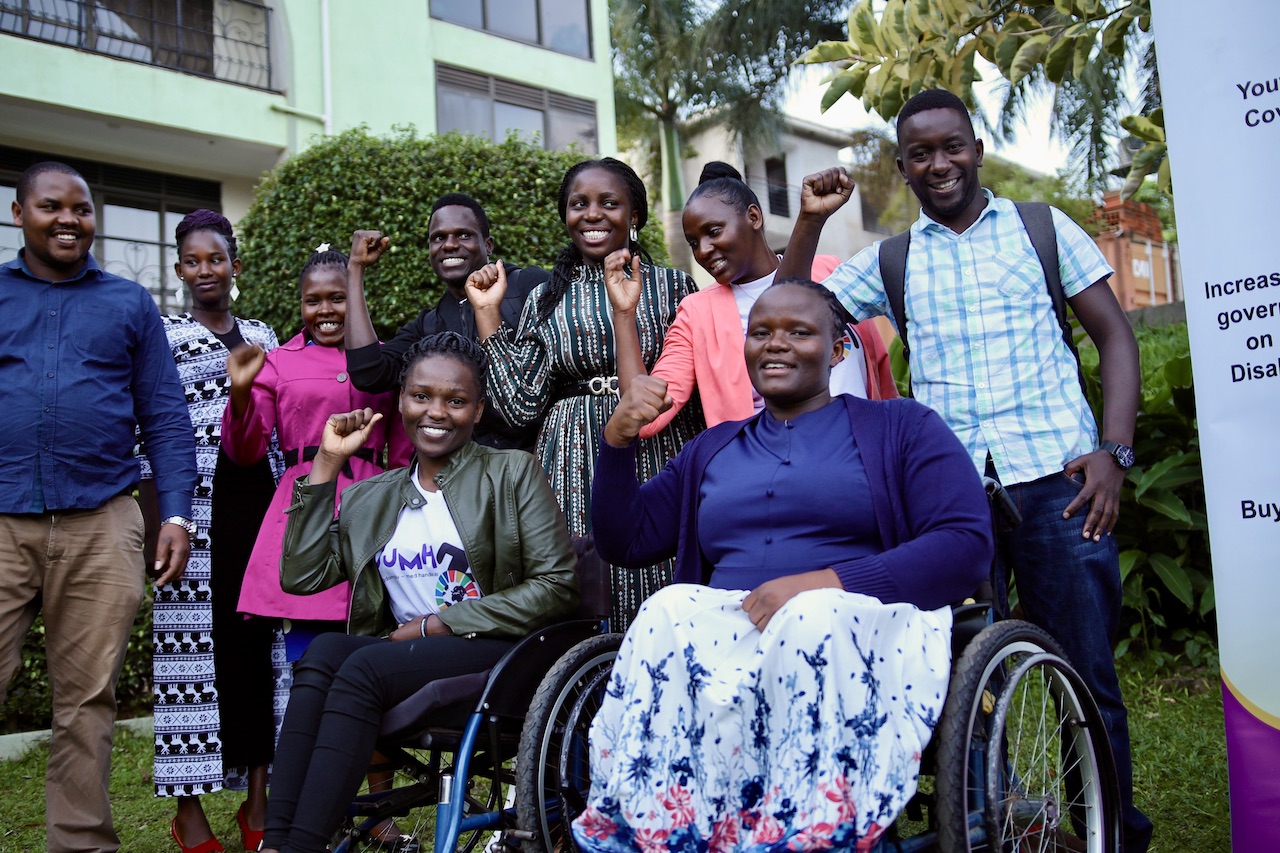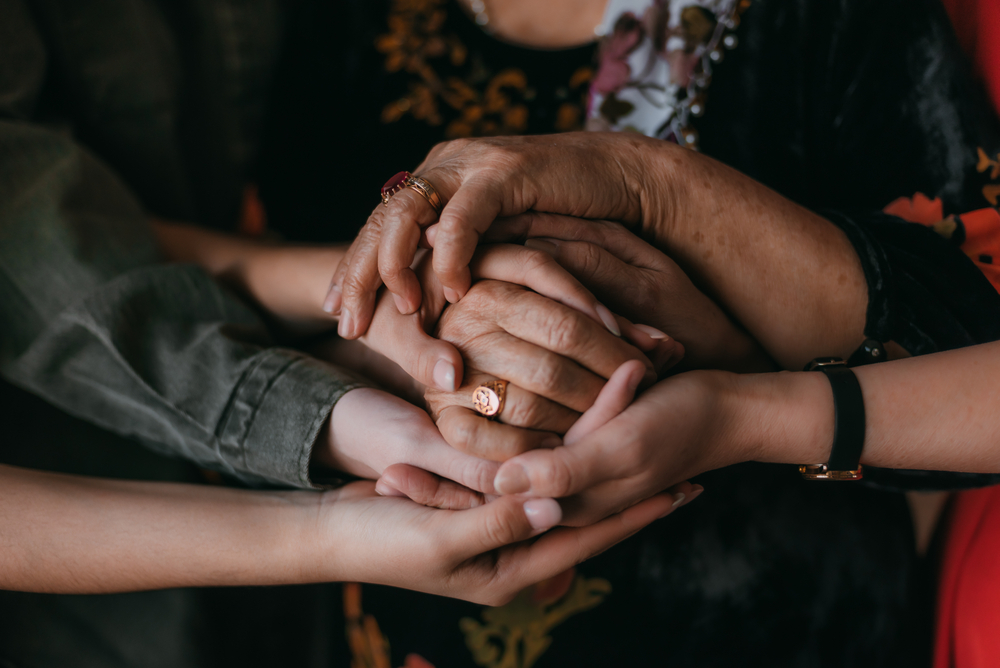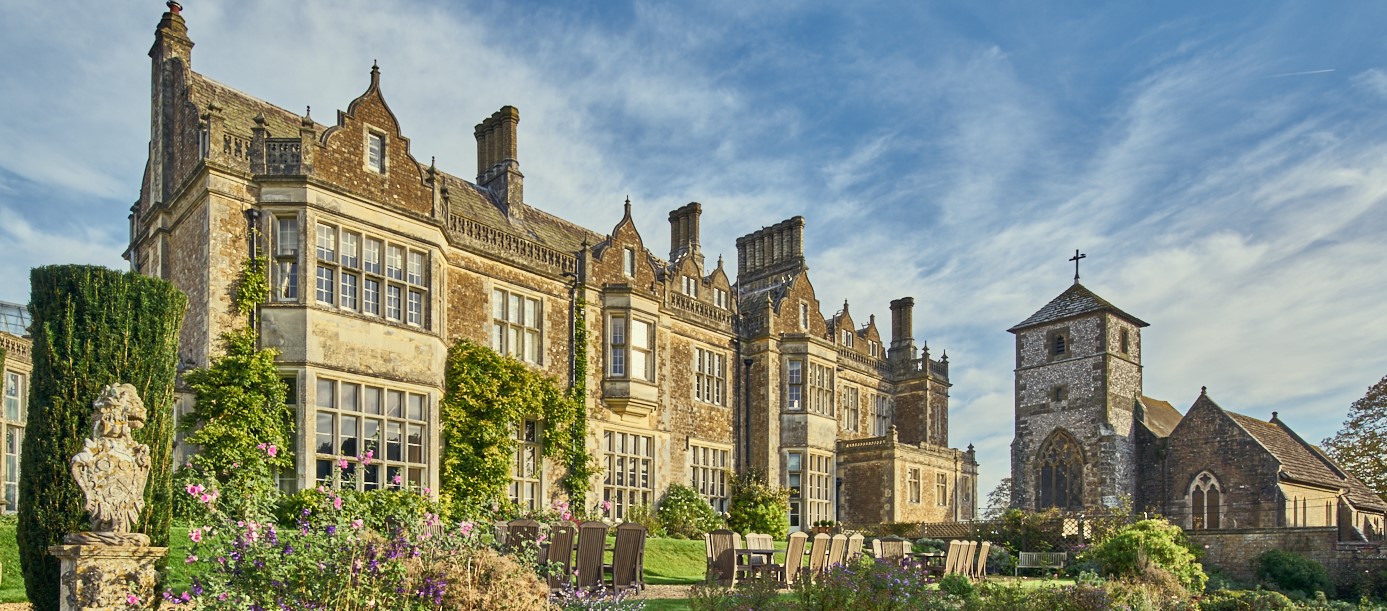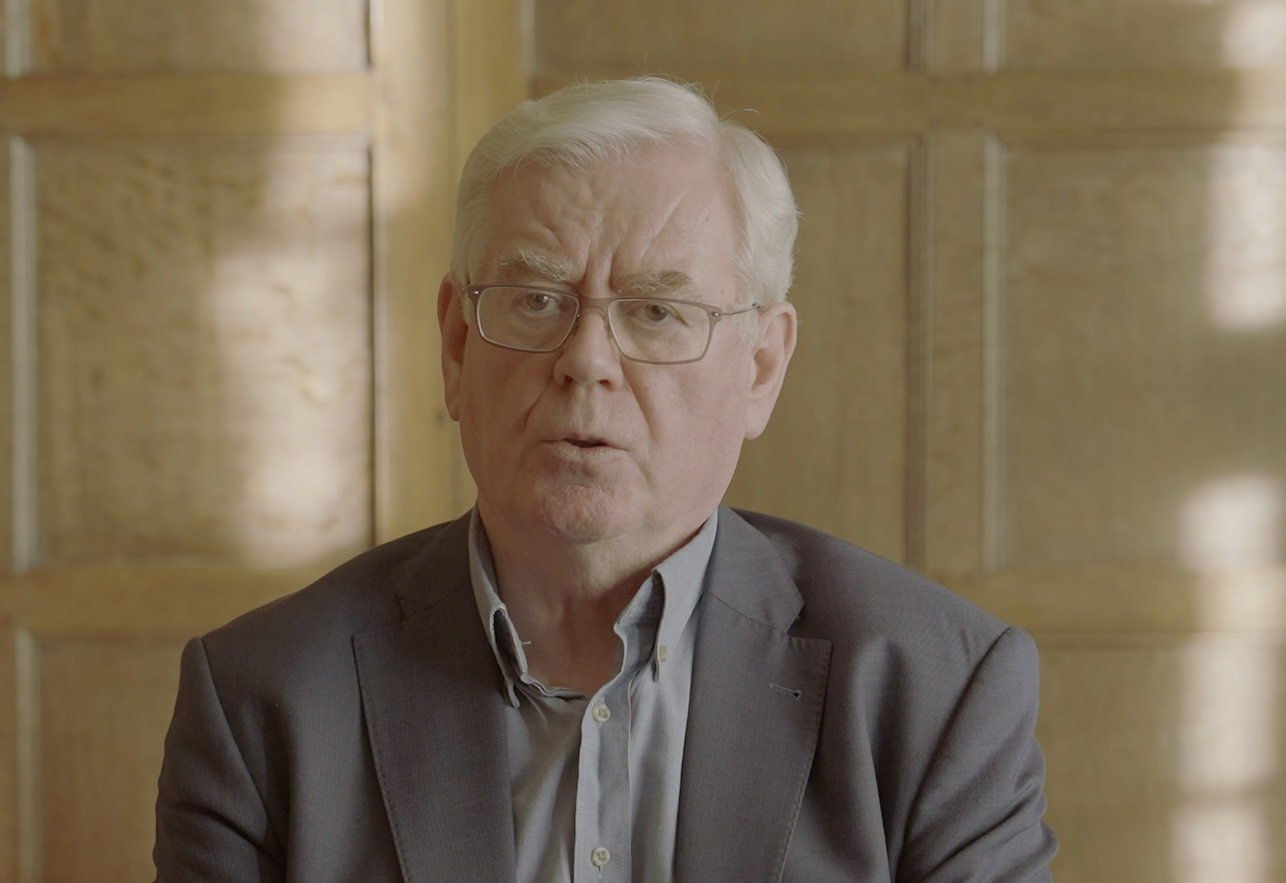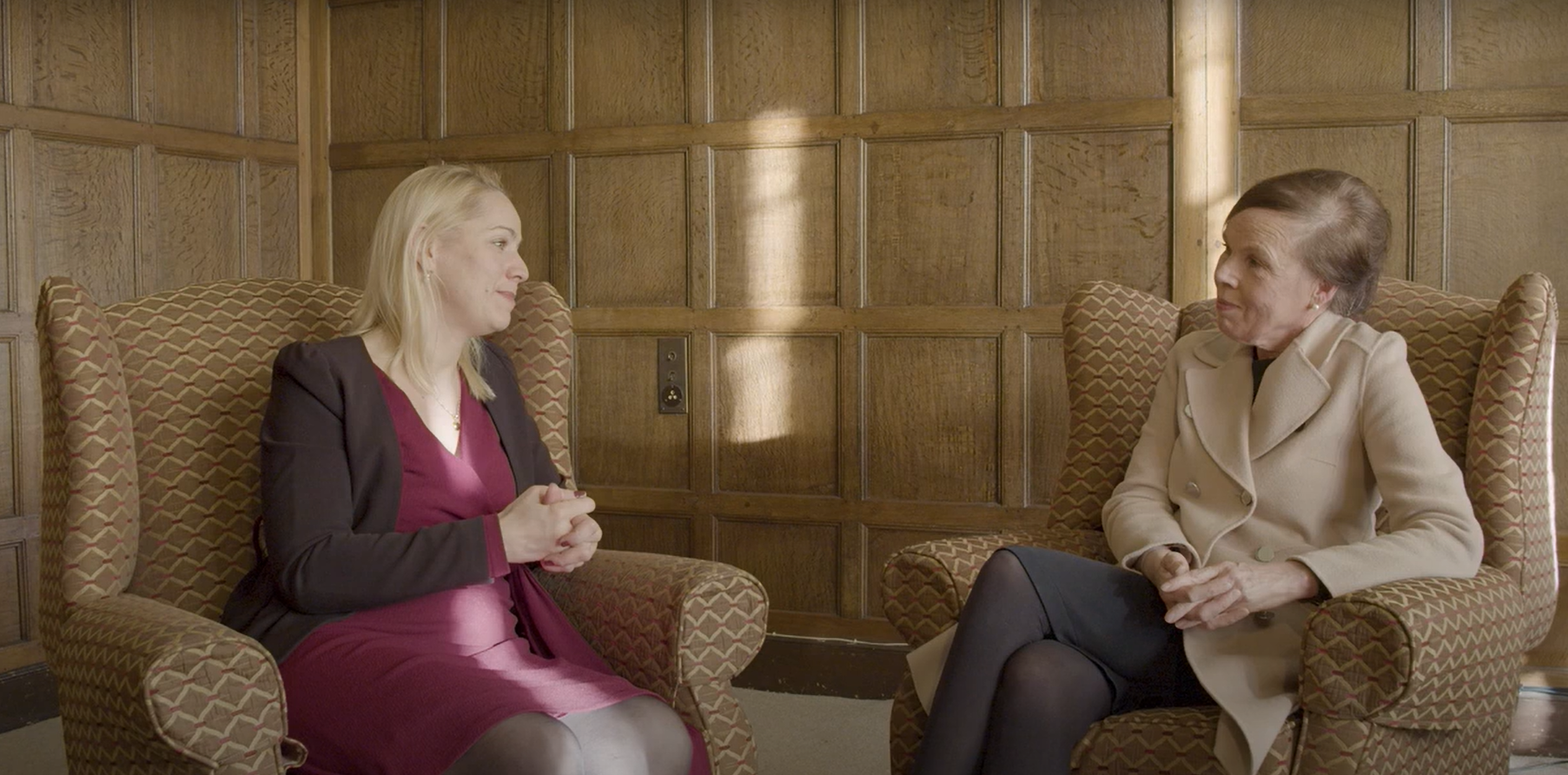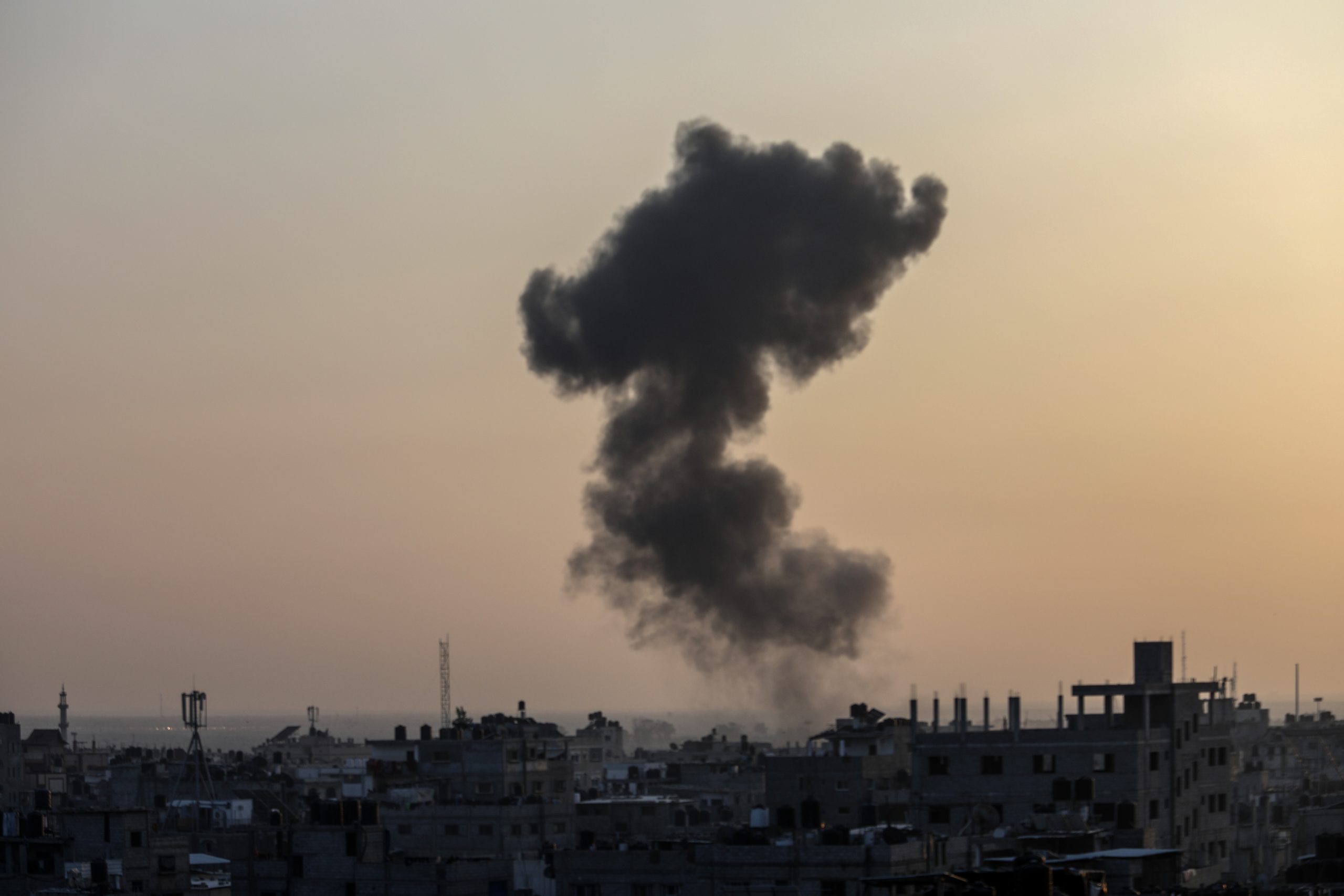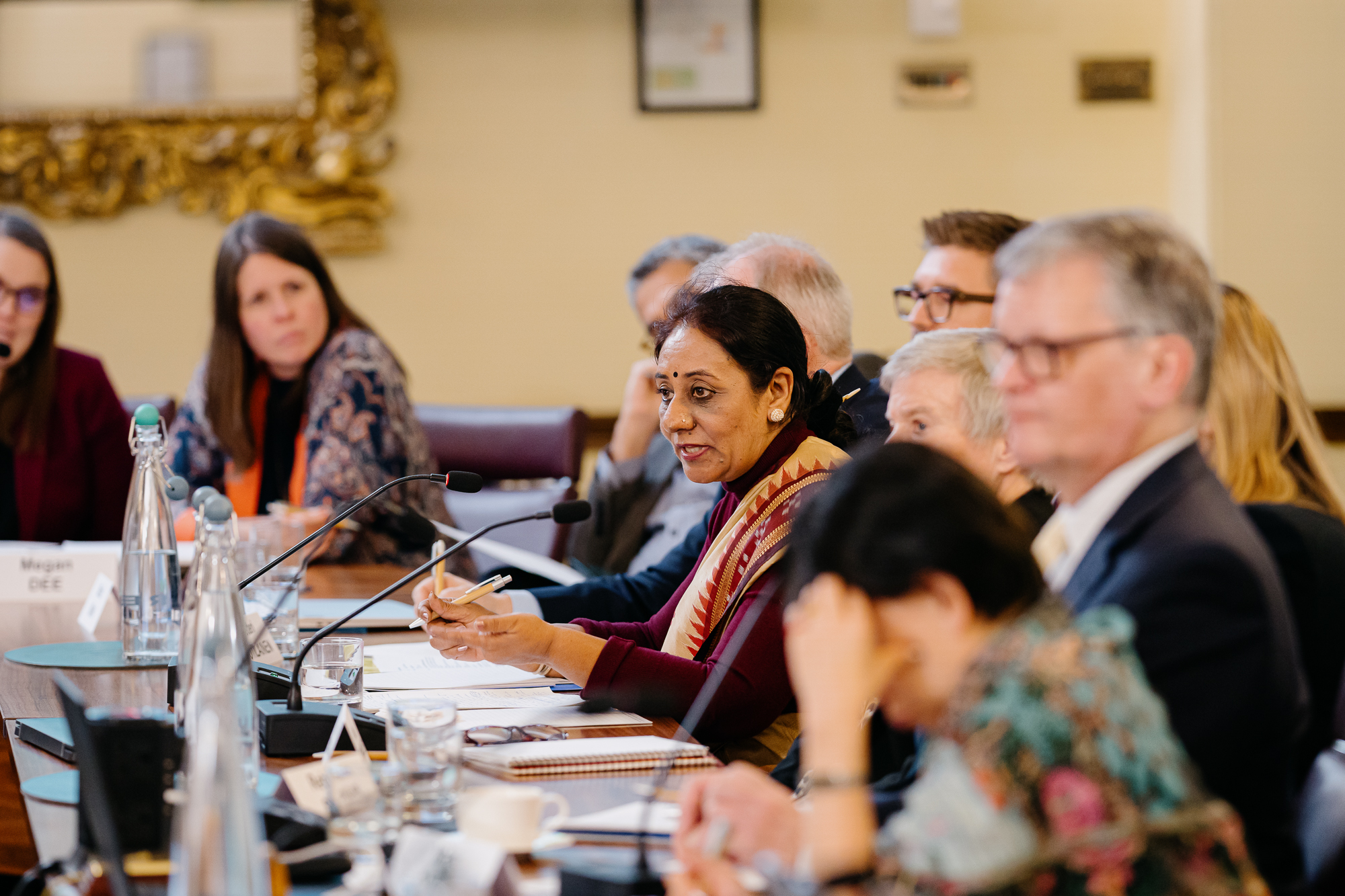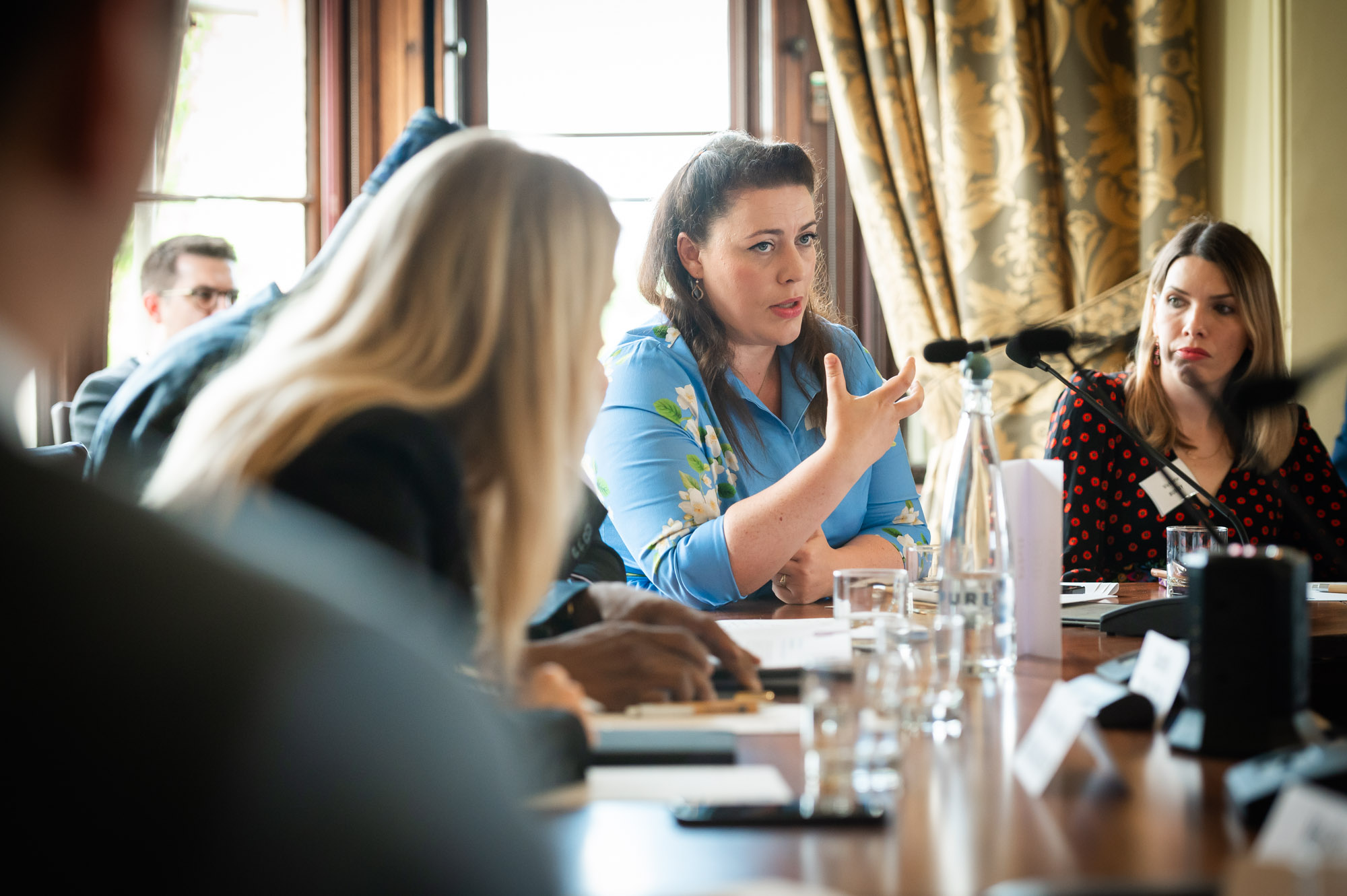The lack of freedom of religion and belief (FORB) and Inclusive Citizenship is a pressing global issue affecting millions, as well as being a source for socioeconomic discrimination and segregation, increasing inequality, resentment and unrest.
Promoting both FoRB and Inclusive Citizenship is seen as critical to peace and co-existence, both within increasingly diverse societies and between them. Key recent interreligious initiatives, especially in Europe and the MENA regions, considered FORB and Inclusive citizenship among their shared priorities.
This speaks to a growing interreligious momentum cutting across the two regions to advance the recognition of cultural and religious diversity, while ensuring equality and human dignity for all.
Whether it is the Document on Human Fraternity, the Marrakesh Declaration, the Charter of Mekkah, the Strasbourg Principles for Interreligious Dialogue within the Council of Europe, or the OSCE policies promoting FORB and non-discrimination for a stronger sense of security, there is a growing critical number of religious leaders in the Euro-MENA space willing to speak and act together vis à vis their own religious and political constituencies in favour of FoRB and Inclusive Citizenship for all.
This new interreligious initiative, in partnership with the British and Italian Governments, the Adyan Foundation and Globethics, aims to foster peace, human dignity and co-existence by advancing the implementation of Freedom of Religion and Belief and Inclusive Citizenship in the Euro-MENA region. It builds on the Wilton Park Dialogues Report on Inclusive Citizenship, and offers a platform for cross-cultural and interreligious dialogue, for the co-creation of a shared policy agenda, while noting the different local realities and specificities in the Euro-MENA space.
In March 2023, the first meeting in this series of Dialogues gathered 40 faith leaders and policy experts in Frascati, Italy. This offered the opportunity to reflect on Freedom of Religion and Belief and Inclusive Citizenship not as representing two separate agendas but as interlinked dynamisms with largely overlapping objectives.
While recognising that FoRB has been embraced as a policy approach in Western narratives and Inclusive Citizenship has been increasingly adopted as a concept within the broader Arab world, it was acknowledged that one cannot succeed without the other. The dialogue also helped to identify common challenges faced by both agendas and discussed the strengthening of shared commitments and global coalitions for collective action to address them.
This second Dialogue will engage up to 40 faith leaders from Europe and the MENA region with the aim of developing an inter-religious Common Document outlining a shared understanding of, and religious engagement with, both agendas and include recommendations to advance FoRB and Inclusive Citizenship that reflect local realities and challenges.
Recommendations to faith groups and to policy makers will reflect local realities as well as universal principles and draw from the common Mediterranean tradition of pluralism, diversity, and peaceful co-existence.
Series objectives:
- Recognise and build on recent initiatives in promoting FoRB and Inclusive Citizenship, as a genuine interreligious agenda;
- Bring the two agendas of FoRB and Inclusive Citizenship together to ensure shared progress and avoid polarisation or divides along cultural or geographic lines;
- Foster the cross-cultural and interreligious Euro-MENA understanding of and collaboration on advancing FoRB and Inclusive Citizenship;
- Identify the most serious challenges to FoRB and Inclusive Citizenship in the Euro-MENA region and beyond and the remaining challenges and obstacles on the legal and societal levels for the concrete implementation of this agenda, and recommend ways to overcome them;
- Propose creative new forms of multireligious engagement for human dignity, fraternity, and living together;
- Highlight the role of governments in supporting this path towards peace and coexistence, and propose policy recommendations to advance this agenda.
In partnership with

